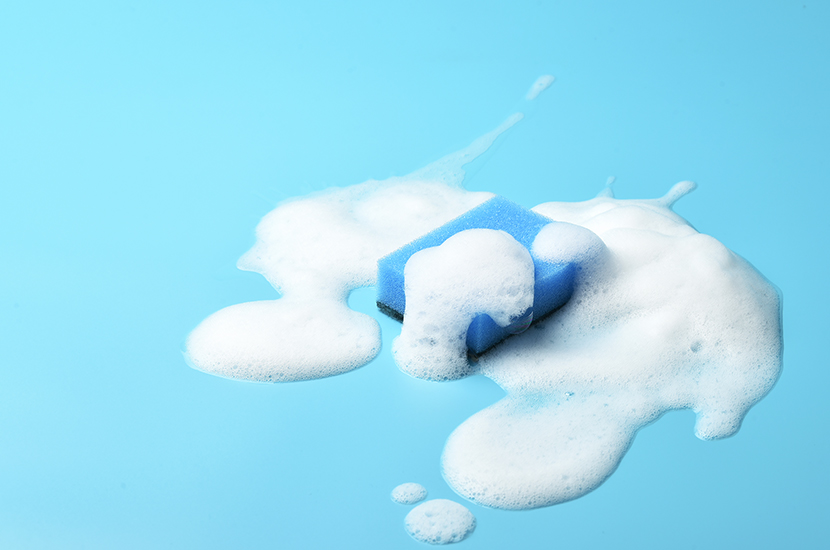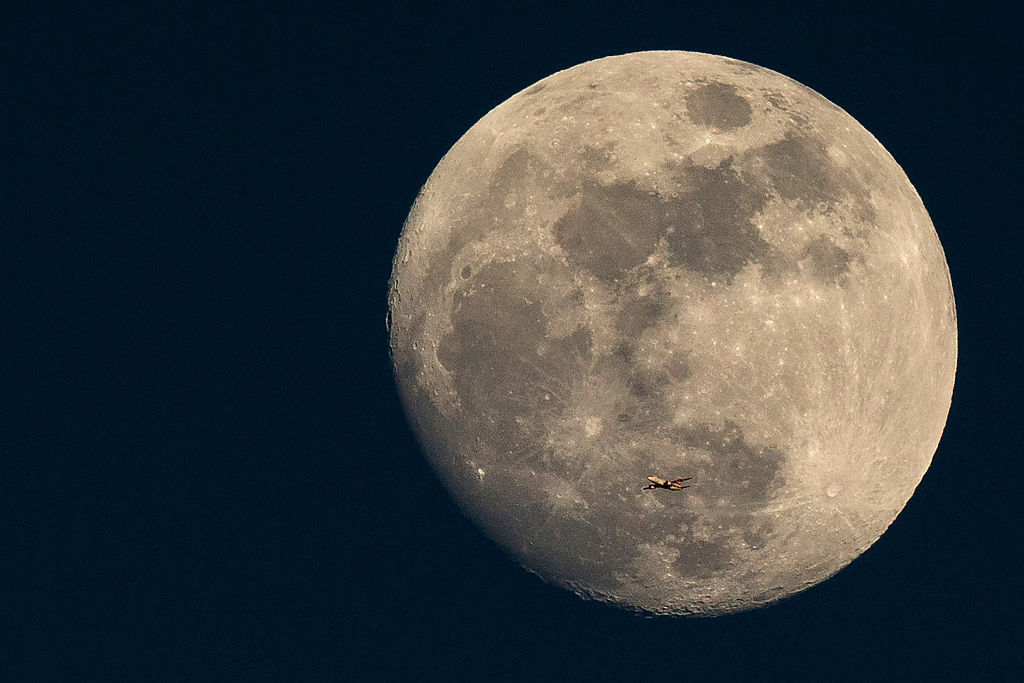‘They asked me if I wanted to wash up before we even went in to dinner,’ my husband recalled with mock horror of a visit to America some years ago. He doesn’t get out much.
It is true that Americans use wash up differently from Brits, to mean washing your hands (and perhaps face while you’re at it) rather than the plates after a meal. Of course washing your hands might be a euphemism for that other euphemism of going to the lavatory.
Now there is an outbreak of wash-up in management lingo. We must learn to live with it. Annoyingly, management-speak turns perfectly good phrases into weapons of time-wasting theory. Anyway, after some team project, a meeting is arranged to see what went well, what went badly and what could have gone better. (Never mind that they might not know.) ‘Your Wash Up should be focused on learning and not blaming,’ advises an agency specializing in ‘crafting measurable and effective solutions for a wide range of clients’.
Where did this jargon wash-up come from? In 1920s American slang wash up meant to finish something or somebody. In the New Yorker short stories that became the 1940 musical Pal Joey, John O’Hara has his anti-hero singer finding one day that the club he was performing in had burnt down: ‘10,000 nite clubs in this country but I guessed they repealed the law of averages because they had to pick the one I was in to have a fire…I finally got in touch with the “owners” and they said act of God and fire etc. wash up a contract automatically.’
The Americans don’t just wash up before dinner; their working men wash up at the end of a day’s labour. In 1947, John Steinbeck wrote of the ‘neatness of a mechanic who has just washed up’.
But a closer usage from Royal Navy slang meant ‘a debriefing’. John Winton’s humorous tale of naval life, Down the Hatch (1961), has those who completed the exercise ‘Lucky Alphonse’ attending a Wash-Up. The Oxford English Dictionary favors this origin for the management wash-up, and I’m sorry that since its naval days it has fallen among bad company.
This article was originally published in The Spectator’s UK magazine. Subscribe to the World edition here.

























